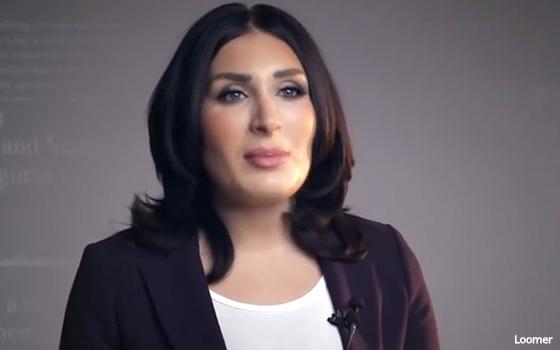
A federal appellate court
has rejected a request by Google, Apple, Twitter and Facebook to quickly dispose of a lawsuit accusing them of conspiring to suppress conservative views.
“The merits of the parties'
positions are not so clear as to warrant summary action,” the D.C. Circuit Court of Appeals said in a terse order issued this week.
In the order, the appellate court denied the tech
companies' request to “summarily” affirm a dismissal of a lawsuit by right-wing activists Laura Loomer and Freedom Watch.
While the court rejected the tech companies' bid for an
early-round knockout, the move doesn't suggest how the judges will ultimately rule. Instead, it appears to signal that the judges want to fully consider the legal issues posed by the case.
The
legal battle dates to last August, when Loomer and Freedom Watch alleged that the tech companies violated antitrust laws by conspiring “to re-craft the nation into their leftist
design.”
advertisement
advertisement
U.S. District Court Judge Trevor McFadden in Washington, D.C. dismissed the lawsuit in March. He said the concerns raised in the complaint were “non-trivial,” but
weren't grounds for a lawsuit.
McFadden added that the complaint only contained conclusions -- as opposed to the kinds of factual allegations that would prove a case. “It includes no
allegations, for example, that any of the platforms met or otherwise communicated an intent to collectively suppress conservative content,” the judge wrote.
The complaint alleged that
the tech companies -- along with traditional news media outlets -- “intentionally and willfully suppressed politically conservative content in order to take down President Donald Trump and his
administration with the intent and purpose to have installed leftist government in the nation’s capital and the 50 states.” (The complaint was only against the tech companies, not
traditional media.)
Among other claims, Freedom Watch said it experienced a large drop in YouTube viewers after the platforms began “suppressing and censoring” Freedom Watch's
content.
Loomer was banned by Twitter last November after she allegedly violated the
platform's rules against hate speech in a tweet criticizing Rep. Ilhan Omar (D-Minn.). Soon after Twitter took action, Facebook also suspended Loomer for 30 days.
She alleged in the federal
suit that these moves caused her financial injury, and prevented her from “reaching her audience with her investigative work.”
Both Loomer and Freedom Watch also alleged that the
platforms violated the First Amendment by suppressing speech for political reasons. But McFadden -- like many other judges -- ruled that the First Amendment prohibits censorship by the government, not
private companies.
Loomer and Freedom Watch then filed an appeal with the D.C. Circuit Court of Appeals.
Google, Twitter, Apple and Facebook countered with a request seeking a fast
affirmation of McFadden's ruling.
“The merits of this appeal are so clear that no further briefing is needed,” the companies wrote in papers filed in June.
Loomer and
Freedom Watch opposed that request.
“This is a case of paramount importance,” they argued in papers submitted to the court in June. “The results of this high-profile case
greatly affects hundreds of millions of Americans who use social media and trillions who also use it worldwide.”
Freedom Watch and Loomer aren't the only ones to accuse tech companies of
censoring conservative views. Others, including Prager University, have filed similar lawsuits.
Despite those complaints, some observers have said there is no evidence that tech companies are
especially inclined to suppress conservative views. New York Law School professor Ari Waldman, who testified on Capitol Hill last year, told lawmakers that a lot of content is filtered, but "no more so from the right than from the left."